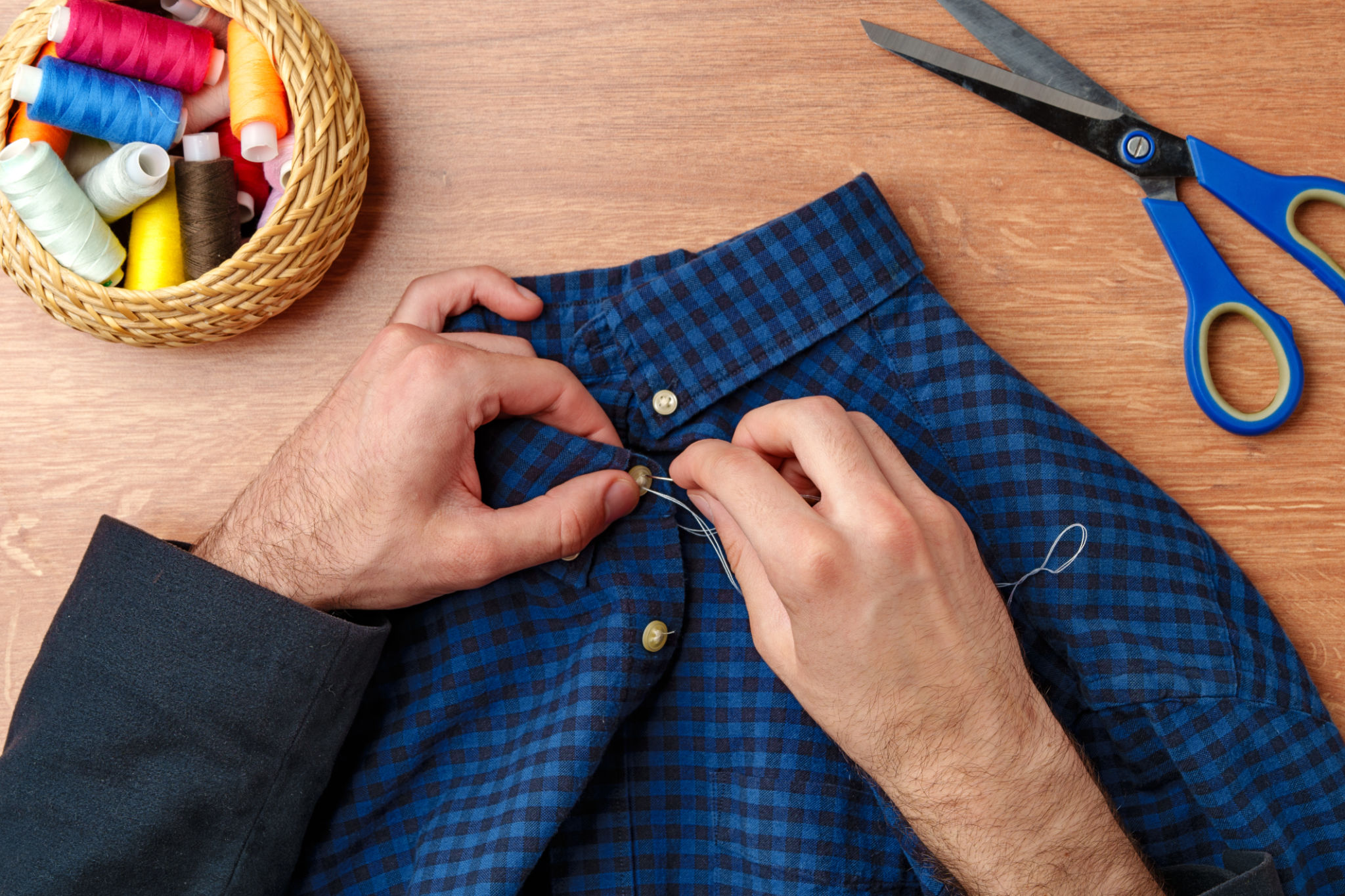Expert Tips for Maintaining Your Home Healthcare Equipment
Introduction to Home Healthcare Equipment Maintenance
Maintaining your home healthcare equipment is crucial for ensuring its longevity and effectiveness. Whether you rely on devices for mobility, respiratory support, or monitoring vital signs, proper care and upkeep are essential. This guide offers expert tips to help you keep your equipment in top condition.

Regular Cleaning and Disinfection
One of the simplest yet most important maintenance tasks is regular cleaning. Clean your equipment following the manufacturer's instructions to prevent the build-up of dirt and bacteria. Use appropriate disinfectants, especially for items like wheelchairs, oxygen concentrators, and blood pressure monitors. Always ensure that cleaning products are safe for the materials used in your equipment.
For small devices, such as thermometers or glucometers, use alcohol wipes to disinfect them after each use. Larger items, such as hospital beds or mobility scooters, may require a more thorough cleaning routine on a weekly basis.
Scheduled Maintenance and Parts Replacement
Like any other machinery, healthcare equipment often requires scheduled maintenance to function optimally. Check the user manual for recommended maintenance intervals and adhere to these schedules. Regular checks can prevent unexpected breakdowns and costly repairs.

Some equipment parts may wear out faster than others. For instance, batteries in portable devices or filters in CPAP machines should be replaced as per the manufacturer's guidelines. Keeping a record of when replacements are due can help you stay on top of this task.
Calibrating and Testing Equipment
Many pieces of healthcare equipment require periodic calibration to ensure accuracy. Devices that monitor blood pressure, blood glucose levels, or oxygen saturation need regular accuracy checks. If you notice discrepancies in readings, consult with a professional to recalibrate the device.
Testing your equipment routinely can also identify potential issues before they become major problems. For example, test electric wheelchairs for battery life and motor function monthly to guarantee reliability.

Storing Equipment Safely
Proper storage of healthcare equipment is vital to its maintenance. Store items in a clean, dry place away from direct sunlight and extreme temperatures. Ensure that electrical devices are kept away from moisture to prevent damage.
If your equipment is not in use for an extended period, consider covering it with a dust cover to protect it from dirt and debris. Additionally, ensure that all cords and wires are neatly arranged to prevent tripping hazards or accidental damage.
Consulting with Professionals
When in doubt about maintaining your home healthcare equipment, don't hesitate to consult with professionals. Many companies offer maintenance services for their products, ensuring that your equipment remains in optimal condition. They can also provide valuable advice tailored to your specific needs.
By following these expert tips, you can ensure that your home healthcare equipment remains reliable and effective, providing you with peace of mind and continued support for your health needs.